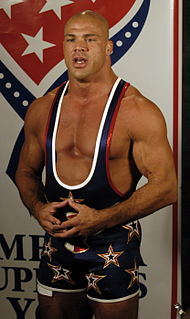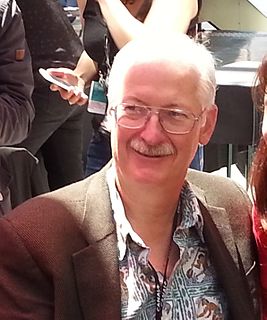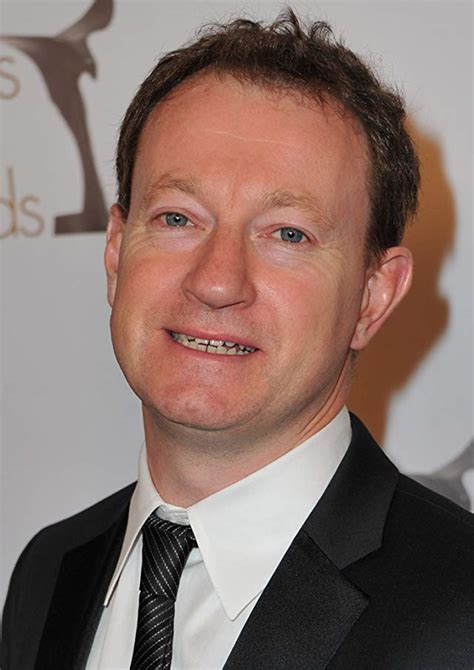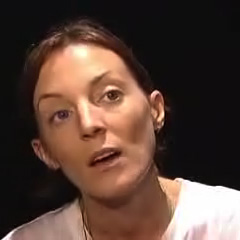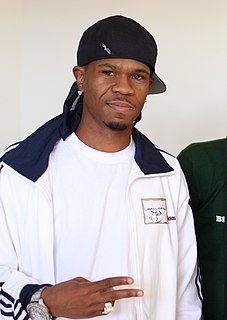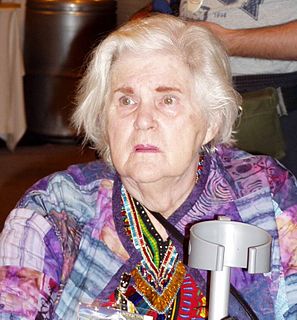A Quote by Tom Clancy
I do not over-intellectualise the production process. I try to keep it simple: Tell the damned story.
Quote Topics
Related Quotes
I'm really trying to just keep this internal, and be faithful to the story and the characters, and keep 99.9% of my brain there, serving the story. It's a great network. It's the golden network of cable, so it's totally an honor to be there and tell this story, but I try not to think about anything beyond that.
The best time to tell your story is when you have to tell your story. When it's not really a choice. But then, when you get that first, messy, complicated version down, you have to read it over and be very tough on yourself and ask, 'Well what's the story here?' If you're lucky enough to have someone you trust looking over your shoulder, he or she can help you if [you] lack perspective on your own story.
I usually try to connect with young filmmakers over the phone so I can hear them and just pick their brain as to why they want to tell the story. And usually, I'm on board. I go, "Yeah, I'd love to help. And I just need to know why you want to do this,' and it's usually an easy process because a filmmaker usually reveals his or her heart in telling the story. And that's why I'm pretty much of a softy when it comes to helping along the young ones along the way.

